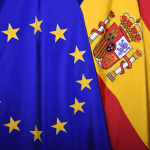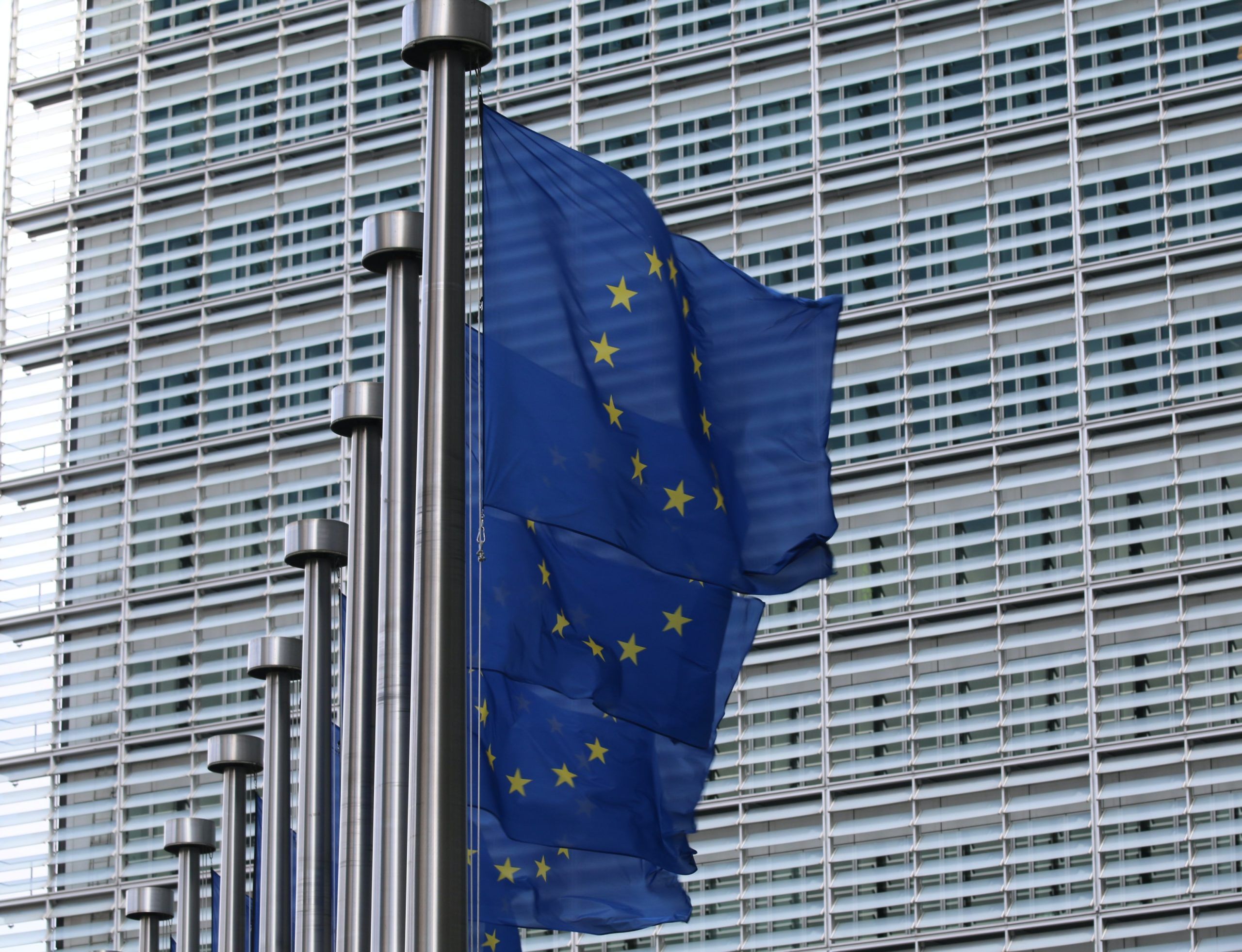The Commission has proposed an annual EU budget of €199.7 billion for 2025. The budget will be complemented by an estimated €72 billion of disbursements under NextGenerationEU. This substantial financial envelope will support the EU in meeting its political priorities while integrating the changes agreed in the mid-term revision of the Multiannual Financial Framework (MFF) in February 2024.
The draft budget 2025 directs funds to where they can make the greatest difference, in cooperation and in line with the needs of the EU Member States and our partners around the world to make Europe more resilient and fit for the future to the benefit of EU citizens and businesses. This will be done by fostering the green and digital transitions, by creating jobs while strengthening Europe’s strategic autonomy and global role. It will enable support to key critical technologies through the Strategic Technologies for Europe Platform (STEP).
The draft budget 2025 will also provide – in line with the MFF mid-term revision – continued support for Syrian refugees in Türkiye and the wider region, the Southern Neighbourhood including the external dimension of migration, as well as the Western Balkans. Crucially, it will provide stable and predictable support to Ukraine.
The Commission proposes to allocate the following amounts to the various EU priorities (in commitments):
- €53.8 billion for the Common Agricultural Policy and €0.9 billion for the European Maritime, Fisheries and Aquaculture Fund, for Europe’s farmers and fishers, but also to strengthen the resilience of the agri-food and fisheries sectors and to provide the necessary scope for crisis management.
- €49.2 billion for regional development and cohesion to support economic, social and territorial cohesion, as well as infrastructure supporting the green transition and Union priority projects.
- €16.3 billion to support our partners and interests in the world, of which, among others, €10.9 billion under the Neighbourhood, Development and International Cooperation Instrument — Global Europe (NDICI — Global Europe), €2.2 billion for the Instrument for Pre-Accession Assistance (IPA III) and €0.5 billion for the Growth Facility for the Western Balkans, as well as €1.9 billion for Humanitarian Aid (HUMA).
- A further €4.3 billion will be available in grants under the Ukraine Facility complemented by €10.9billion in loans.
- €13.5 billion for research and innovation, of which mainly €12.7 billion for Horizon Europe, the Union’s flagship research programme. The Draft Budget also includes the financing of the European Chips Act under Horizon Europe and through redeployment from other programmes.
- €4.6 billion for European strategic investments, of which, for instance, €2.8 billion for the Connecting Europe Facility to improve cross-border infrastructure, €1.1 billion for the Digital Europe Programme to shape the Union’s digital future, and €378 million for InvestEU for key priorities (research and innovation, twin green and digital transition, the health sector, and strategic technologies).
- €2.1 billion for spending dedicated to space, mainly for the European Space Programme, which will bring together the Union’s action in this strategic field.
- €11.8 billion for resilience and values, of which, among others, €5.2 billion for the rising borrowing costs for NGEU, €4 billion Erasmus+ to create education and mobility opportunities for people, €352 million to support artists and creators around Europe, and €235 million to promote justice, rights, and values.

Budget 2025: Council agrees on guidelines for next year’s EU budget |
- €2.4 billion for environment and climate action, of which mainly €771 million for the LIFE programme to support climate change mitigation and adaptation, and €1.5 billion for the Just Transition Fund to make sure that the green transition works for all.
- €2.7 billion for protecting our borders, of which mainly €1.4 billion for the Integrated Border Management Fund (IBMF), and €997 million (total EU contribution) for the European Border and Coast Guard Agency (Frontex).
- €2.1 billion for migration-related spending within the EU, of which mainly €1.9 billion to support migrants and asylum-seekers in line with our values and priorities.
- €1.8 billion to address defence challenges, of which mainly €1.4 billion to support capability development and research under the European Defence Fund (EDF) and €244.5 million to support Military Mobility.
- €977 million to ensure the functioning of the Single Market, including €613 million for the Single Market Programme, and €205 million for work on anti-fraud, taxation, and customs.
- €583 million for EU4Health to ensure a comprehensive health response to people’s needs, as well as €203 million to the Union Civil Protection Mechanism (rescEU) to be able deploy operational assistance quickly in case of a crisis.
- €784 million for security, of which, notably, €334 million for the Internal Security Fund (ISF), which will combat terrorism, radicalisation, organised crime, and cybercrime.
- €196 million for secure satellite connections under the new Union Secure Connectivity Programme.
The draft budget for 2025 is part of the Union’s long-term budget as adopted at the end of 2020 and as amended in February 2024, including subsequent technical adjustments, and seeks to turn its priorities into concrete annual deliverables.
The annual budget for 2025 will have to be formally adopted by the Budgetary Authority before the end of the year.
Background
The draft EU budget for 2025 includes the expenditure covered by the appropriations under the long-term budget ceilings, financed from own resources. These are topped up by expenditure under NextGenerationEU, financed from borrowing on the capital markets. For the “core” budget, two amounts for each programme are proposed in the draft budget – commitments and payments. “Commitments” refer to the funding that can be agreed in contracts in a given year; and “payments” to the money actually paid out. All amounts are in current prices.
More Information: European Commission
Questions and Answers on draft annual budget 2025
All EU annual budget documents
Revision of the EU budget 2021-2027
Publicaciones relacionadas:
 The European Commission has proposed an annual EU budget of €189.3 billion for 2024
The European Commission has proposed an annual EU budget of €189.3 billion for 2024
 Budget 2025: Council agrees on guidelines for next year’s EU budget
Budget 2025: Council agrees on guidelines for next year’s EU budget
 April infringement package: main decisions for Spain
April infringement package: main decisions for Spain
 EU’s long-term budget
EU’s long-term budget
 Commission adopts banking package to facilitate lending to households and businesses in the EU
Commission adopts banking package to facilitate lending to households and businesses in the EU


Leave a Reply